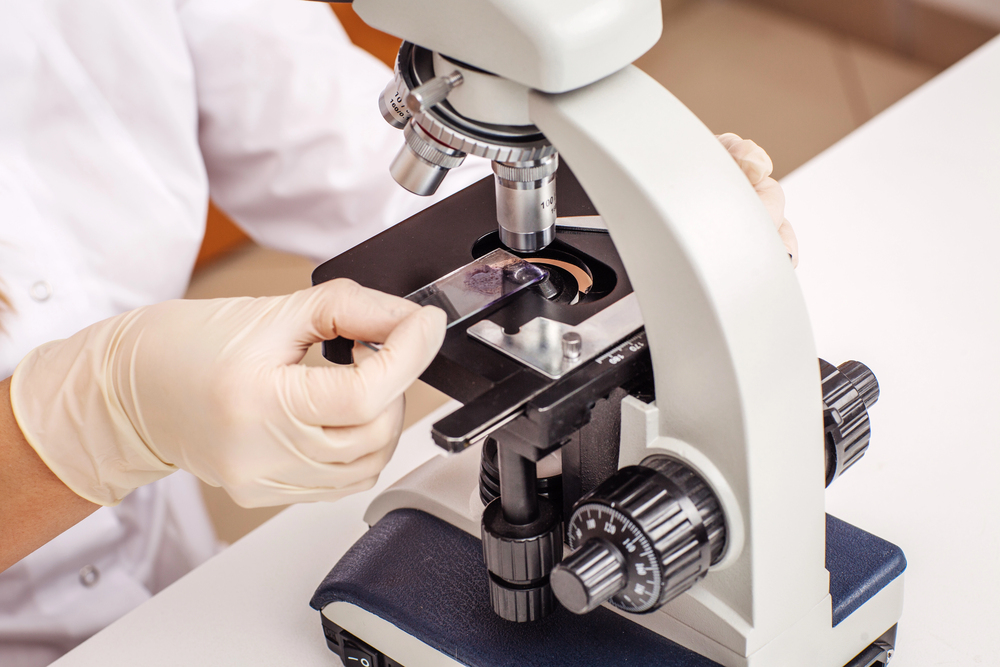Accuracy and Reliability
All testing is performed using validated methods and quality control procedures to ensure consistent, reliable results.

Laboratory Services provide essential diagnostic testing that supports clinical decisions, disease detection, and ongoing health monitoring. Each service area contributes to accurate evaluation and effective care planning. These services are integral to both routine health assessments and complex medical investigations. With a commitment to quality and precision, laboratory testing plays a vital role in improving health outcomes across care settings.
CALL USLaboratory Services support healthcare decision-making through a wide range of diagnostic tests. Each category of testing plays a specific role in the identification, monitoring, and prevention of medical conditions. The following outlines key service areas:
Clinical chemistry involves analyzing blood and bodily fluids to measure chemical substances. Tests commonly include blood glucose for diabetes, electrolyte panels (e.g., sodium, potassium), liver function tests (LFTs), kidney function tests (urea, creatinine), and lipid profiles to assess cholesterol and triglyceride levels. These tests assist in evaluating organ function and metabolic health.
Hematology focuses on the study of blood and its components. A Complete Blood Count (CBC) provides insight into red and white blood cells, hemoglobin, hematocrit, and platelets. Additional tests such as Prothrombin Time (PT) and Activated Partial Thromboplastin Time (aPTT) assess clotting function, supporting the management of bleeding and clotting disorders.
Microbiology identifies infectious agents through cultures and microscopic examination. Samples such as blood, urine, stool, and throat swabs are tested for bacteria, fungi, and parasites. Antibiotic sensitivity testing helps guide treatment, and additional screenings are available for conditions such as tuberculosis and malaria.
This category includes testing related to immune system responses and the detection of antibodies or specific proteins. Common applications include screening for infections such as HIV, Hepatitis B and C, and COVID-19, as well as identifying autoimmune markers (e.g., ANA) and conducting allergy panels.
Urinalysis examines urine to detect indicators of health conditions such as infections, kidney issues, or metabolic disorders. Tests may identify glucose, protein, or blood in the urine. Microscopic analysis provides further detail by detecting cells, bacteria, or crystals.
Anatomic pathology includes the examination of tissue and cell samples to evaluate abnormalities. Services include biopsies, Pap smears for cervical cancer screening, and cytology—the microscopic study of individual cells. These tests support early detection and accurate diagnosis.
Molecular diagnostics use advanced technologies to detect infections and genetic variations by analyzing DNA or RNA. Polymerase Chain Reaction (PCR) is commonly used to identify viruses such as COVID-19 and HPV. Genetic tests also assist in identifying inherited health conditions.

Laboratory tests are a critical component of modern healthcare. They provide objective data that supports accurate diagnosis, guides treatment decisions, and helps monitor the effectiveness of interventions. By detecting health issues at an early stage, lab tests contribute to timely care and better outcomes.
In preventive medicine, laboratory testing plays a key role in identifying risk factors before symptoms appear. For individuals managing chronic conditions, regular testing ensures treatment plans remain effective and complications are minimized. Whether part of routine checkups or complex diagnostic workups, lab results offer insights that are essential to safe, informed, and personalized care.
Laboratory services are guided by principles focused on quality, consistency, and reliability. These values support the delivery of accurate diagnostic information and contribute to effective healthcare processes.
All testing is performed using validated methods and quality control procedures to ensure consistent, reliable results.
Services follow established clinical guidelines and regulatory standards to maintain precision and compliance across all testing processes.
Testing is designed to support healthcare providers, organizations, and care teams with timely data to assist in clinical decision-making and care coordination.